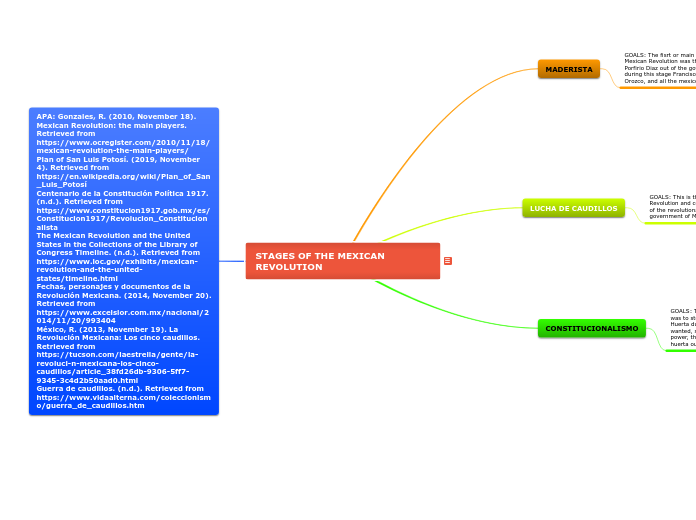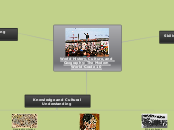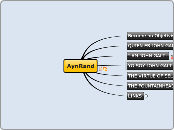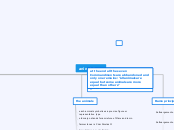作者:Marcelo Murguia Villafuerte 5 年以前
1069
STAGES OF THE MEXICAN REVOLUTION
The Mexican Revolution saw multiple stages, each characterized by distinct objectives, key figures, and pivotal events. The Constitucionalismo phase aimed to overthrow Victoriano Huerta, who had seized power by assassinating Porfirio Díaz.









